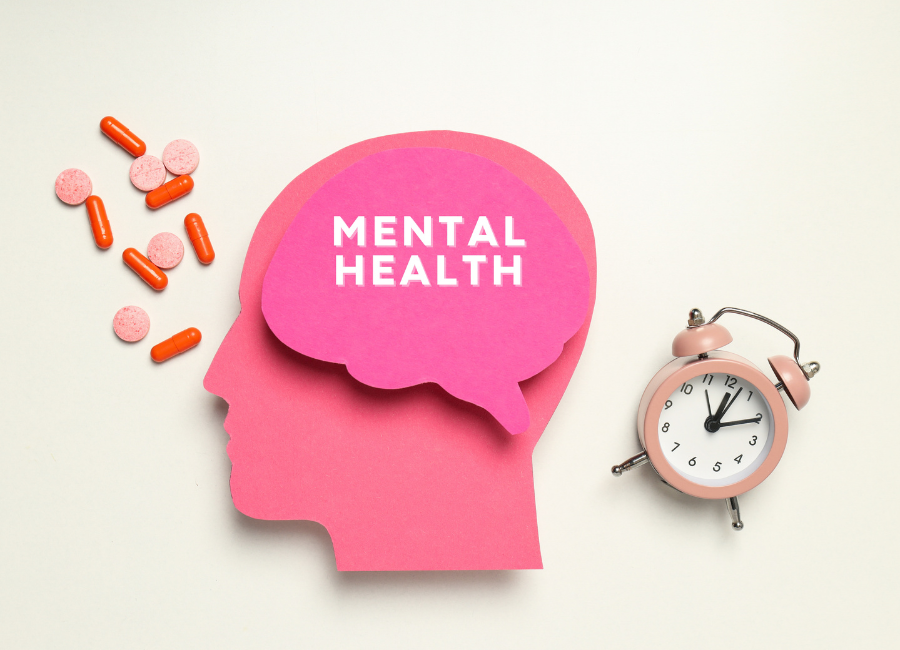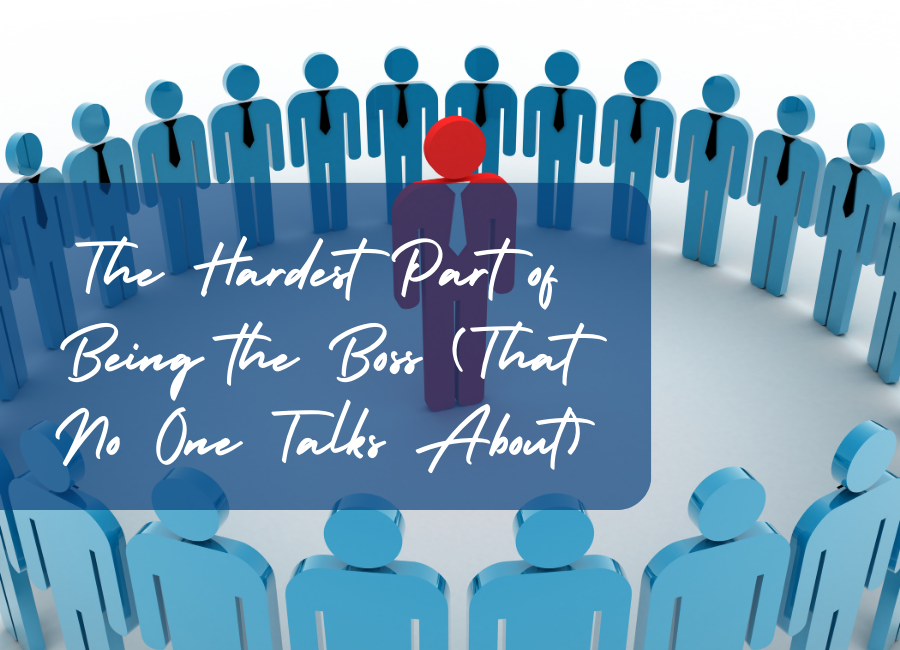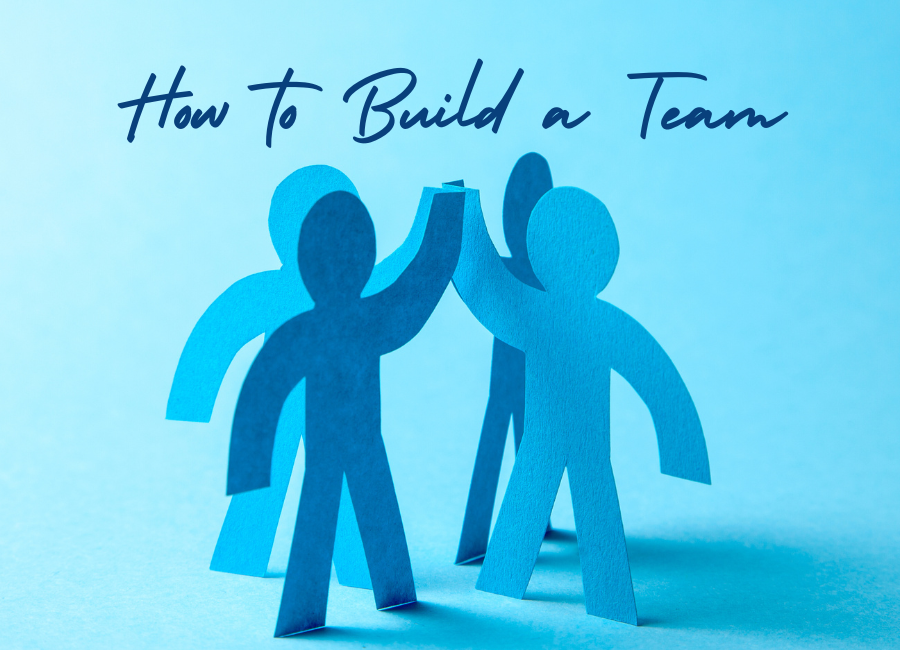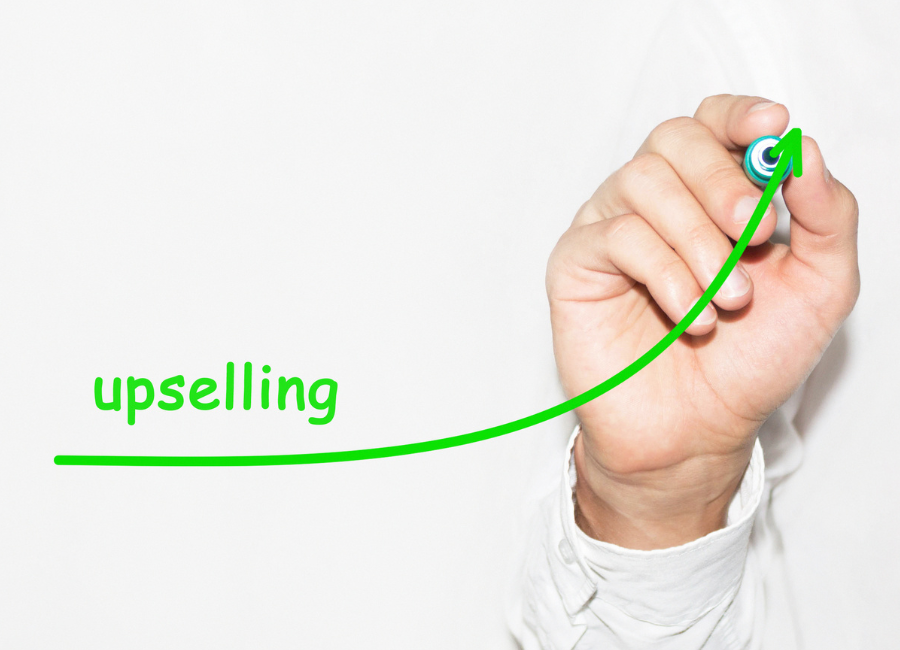Mental Health in Cheerleading Gyms: Leading Without Burning Out

Leading Without Burning Out
Running a cheerleading gym is a rewarding and high-energy endeavor, but it can also be emotionally and physically exhausting. Gym owners and coaches are not only responsible for business operations, training athletes, and building winning teams—they also carry the emotional weight of managing staff, meeting parent expectations, and maintaining a positive gym culture. Without proper mental health strategies in place, it’s easy to hit a wall.
Why Mental Health Matters in Cheerleading Gyms:
In the fast-paced world of competitive cheerleading, mental health is often overlooked. The pressure to perform, retain athletes, meet financial goals, and uphold gym standards can quickly become overwhelming. When gym owners and coaches neglect their own well-being, it impacts not only their personal lives but also the success and stability of their gym.
Mental exhaustion leads to burnout, poor decision-making, staff turnover, and ultimately, a lower-quality experience for athletes and their families. Creating a culture iwhere mental health is valued is critical for long-term success.
Warning Signs of Burnout in Cheerleading Gym Owners and Coaches:
- Constant fatigue and lack of motivation
- Emotional detachment from work or athletes
- Irritability and short temper with staff or parents
- Difficulty focusing or making decisions
- Physical symptoms like headaches or sleep issues
Strategies to Support Mental Health in the Cheerleading Industry:
1. Set Boundaries and Respect Your Time
It’s easy to get caught up in a "go-go-go" mindset. Set specific work hours, and communicate them to staff and parents. Respect your time off and create a routine that includes breaks, family time, and personal activities.
2. Delegate with Confidence
You don’t have to wear every hat. Build a reliable team and empower them with responsibilities. Use systems to handle administrative tasks like billing, scheduling, and registration. Tools like Jackrabbit or iClassPro can be game-changers.
3. Normalize Conversations About Mental Health
Talk openly with staff about stress and workload. Encourage transparency and vulnerability. Sometimes the best support is knowing you're not alone.
4. Invest in Personal Development
Attend conferences, join industry groups like MotUS, and connect with other gym owners. Learning from others and growing your leadership skills can reignite your passion and bring fresh perspective.
5. Create a Wellness Culture
Implement mental health days, team-building activities, or bring in guest speakers for staff development. Provide resources on self-care and encourage staff to use them.
Build a Business That Supports Your Health:
When your mental health is strong, you’re a better leader, coach, and entrepreneur. By prioritizing well-being, you create a more stable and inspiring environment for your athletes to thrive.




How Apolla Socks Leapt From Shark Tank to a Global Performance Brand (with Co-founder Bri Zborowski)







